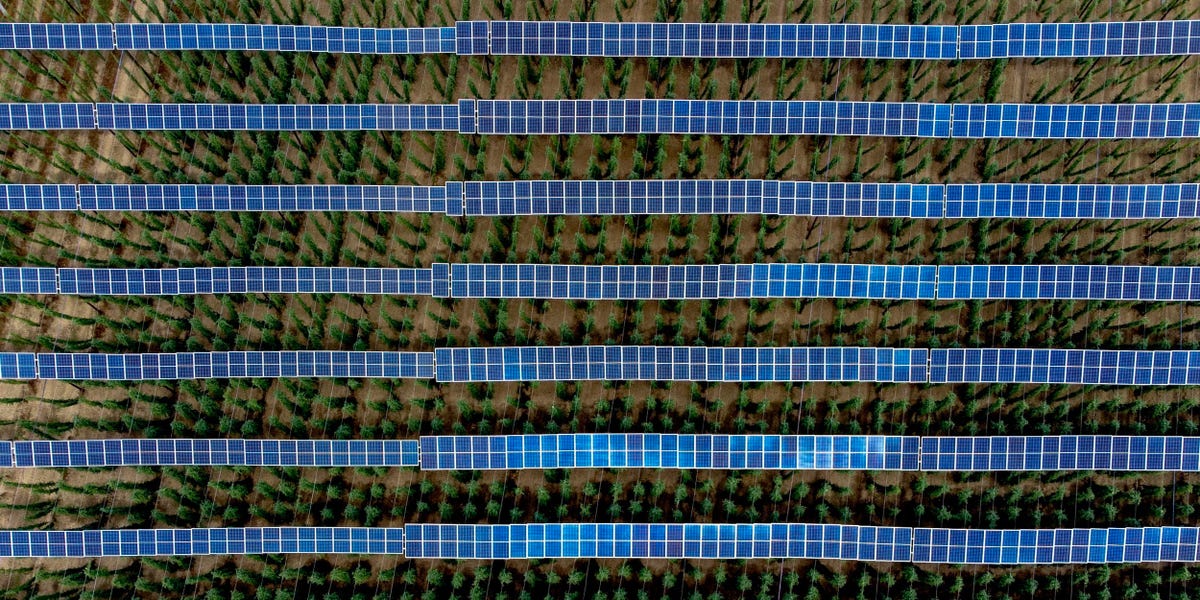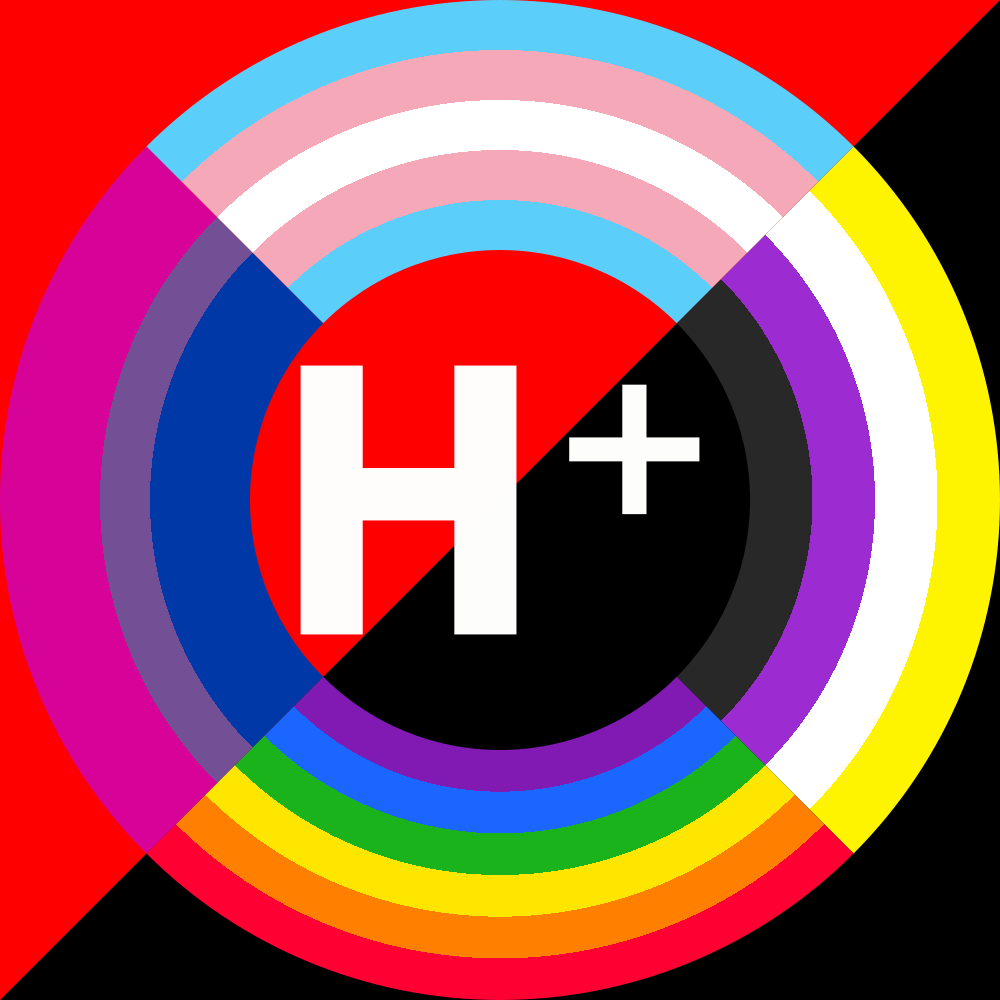Cheap energy being framed as some kind of problem is a great demonstration of why we need a free press that isn’t solely owned by billionaires
Well it is a problem, sort of. It’s a failing of the market.
But it does open up another market for energy storage so it will save itself through regular marker forces.
But we absolutely want energy suppliers to make money off solar (over a year) or they will simply stop building more of it. I’m not sure if the German state is losing money on this though, in which case they absolutely need to build more storage.
I’m getting really worried about how energy is going to be generated in winter once solar and batteries completely dominate energy production in the summer.
They could always just close their coal power plants. Idk why they don’t.
My guess is that in a climate like Germany’s, solar isn’t consistent enough to provide the steady baseline power that coal plants can.
One of the complexities of power infrastructure is that demand must be met instantaneously and exactly. Coal and solar typically occupy different roles in a grid’s power sources. Coal plants are slow to start, but very consistent, so they provide baseline power. Solar is virtually instantaneous, but inconsistent, so it’s better suited to handle the daily fluctuations.
So, in a place like Germany, even in abundance, solar can’t realistically replace coal until we have a good way of storing power to act as a buffer. Of course, nuclear is a fantastic replacement for coal, but we all know how Germany’s politicians feel about it…
Coulnd’t we use solar to pump water into reservoirs, and then let the water flow through hydroelectrical dams when we need the electricity?
[yes](> https://en.wikipedia.org/wiki/Pumped-storage_hydroelectricity)
Taking into account conversion losses and evaporation losses from the exposed water surface, energy recovery of 70–80% or more can be achieved. This technique is currently the most cost-effective means of storing large amounts of electrical energy, but capital costs and the necessity of appropriate geography are critical decision factors in selecting pumped-storage plant sites.
Oh wow, I had no idea this existed. Awesome!
Wait Are these not common where you are?
We have a lot of dams, but I haven’t heard that we were pumping water into the reservoirs.
We also don’t have, like, fields of solar panels, as far as I know. I think it’s too cloudy here. But we have wind turbines, especially in coastal areas.
Oh no, it’s too bad Germany isn’t surrounded by other countries it could sell that excess power to!
Germany has lots of grid connections to other countries, and are pretty surely selling off what they can get rid of, but France has nuclear, Sweden and Norway have hydro, Denmark has wind and solar. All these markets are also currently negative. We’ve had negative prices for almost 14 days now, but somehow they went into plus today here in Denmark, although we (personally) had lots of sun and could sell 61,9 kWh from our solar panels.
I just checked, and the prices are near identical between: Germany, Belgium, Poland, Austria, France, Denmark, Norway, Sweden, Estonia, Latvia and Lithuania.
Oh no, it’s too bad Germany isn’t surrounded by other countries it could sell that excess power to!Your sarcasm is misplaced.
It gets even more absurd. The southern states blocked building large power lines to transport cheap wind energy south. Now they struggle because the chea renewable energy cannot go there. So while there is plenty of renewables in the north the south still runs coal plants to provide local energy. But then the people in the north have to pay for “network fees” because the South couldnt take their energy.
Because of this it was suggested to split the German energy market in two, where the south which fought against renewables would have to pay the actual electricity costs instead of leeching of the North that properly build up renewables. This was fought teeth and nails because the South of Germany is like Texas but with an even worse superiority complex.
Fuck that title. No such thing as too many solar panels. The only thing that is bad is how the energy is used or if it’s wasted. Free energy should mean algae production which would mean carbon negativity. Negative energy price should mean negative carbon emissions, get on it.
Free energy should mean algae production
This is a jump I’m not understanding. Do you mean that energy having no cost would mean that the electricity generated can be used to make algae? Or that it’s a byproduct of?
Do you mean that energy having no cost would mean that the electricity generated can be used to make algae?
Yes. Make algae with energy that produces no carbon dioxide = carbon sink.
There’s just no economic incentive to do so. (yet?)
The economic advantage is that our grandchildren might be able to have an economy if we don’t crash and burn this place before we die.
Power being priced negative is awesome. We need more of it imo, make energy so abundant that it makes processes that were previously too energy-intensive viable, and enables a massive increase in both residential and grid storage capacity.
My opinion is that Na-ion batteries are the way for bulk grid storage and apartment/home storage nya.
They use hyper abundant materials and are now reaching the point of decent endurance, and if you arent bothered by them being heavy (as is the case for grid and residential storage), they’re fairly comparable to Li-Ion without the usage of relatively rare Lithium.
Yeah, negative prices finally incentivize storage technologies such as battery storage.
How does it incentivize it?
The problem with energy storage isn’t a lack of incentives, it’s a lack of solutions. There are currently no proven, grid scale, economical, and robust energy storage solutions.
There are lots of storage solutions that work within limited geographical areas (ie. Pumped hydro). But past that it’s a crap shoot.
Batteries are absolutely nowhere near the capacity or longevity needed for grid scale storage.
The largest battery storage system in the world is primarily used for grid leveling and emergency power. And would be depleted in minutes under its maximum load.
Looks like it is possible to do in California already today, for hours, not minutes: https://reneweconomy.com.au/deeper-longer-cleaner-big-batteries-extend-domination-of-californias-evening-demand-peaks/
The battery solutions on grid scale are available now. They need to be built and paid for. Negative prices might help motivate investors.
TIL, thanks for the link!
Do they have pumped hydro? Or maybe produce hydrogen intermittently with this surplus power…maybe sodium batteries will help with storage?
That’s the big, trillion-dollar question, right? Pumped hydro or air is the solution that definitely works, but air is extra lossy and hydro requires a huge reservoir. A battery system would be great, but Li-ion is expensive, so you need a new chemistry. For grid storage, density, hazard and even operating temperature and pressure are not strict requirements, only cost, so it seems likely they exist, and at least sodium is in the early stages of commercialisation already.
This is the entire reason why countries like China are investing hard into ultra-high-voltage transmission lines.
While regions like Xinjiang and Inner Mongolia have immense wind and solar potential, getting that electricity to the population centers is challenging.
Selling electricity to Eastern Europe, to Northern Africa, hell even to the Middle East is an option if Europe is truly operating an electricity surplus.
Europe and the US already have UHV transmission lines. Grid interconnects and long-distance transmission have voltage between 500kV-1,000kV
China is still developing its national grid.
Look at a map of the European power grid: https://www.researchgate.net/figure/Map-of-European-high-voltage-transmission-grid-Source-Adapted-from-GENI-2011_fig1_281127145
Now repeat your claim again, but this time be serious.
Oh no! Failing from success! /s
Free energy!










